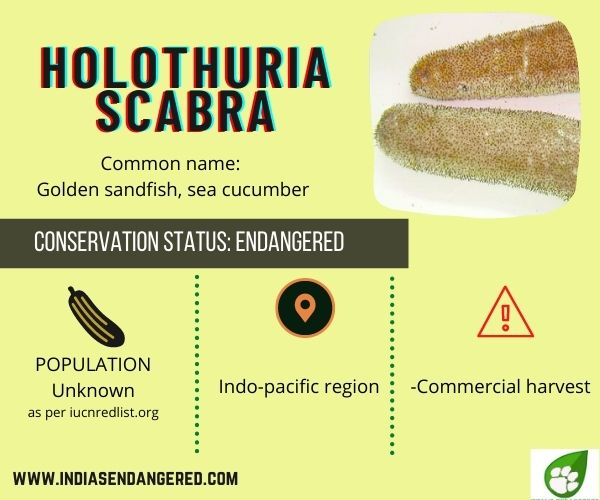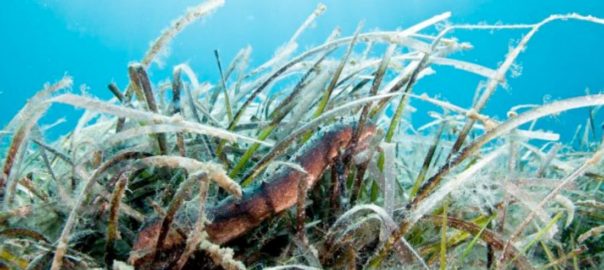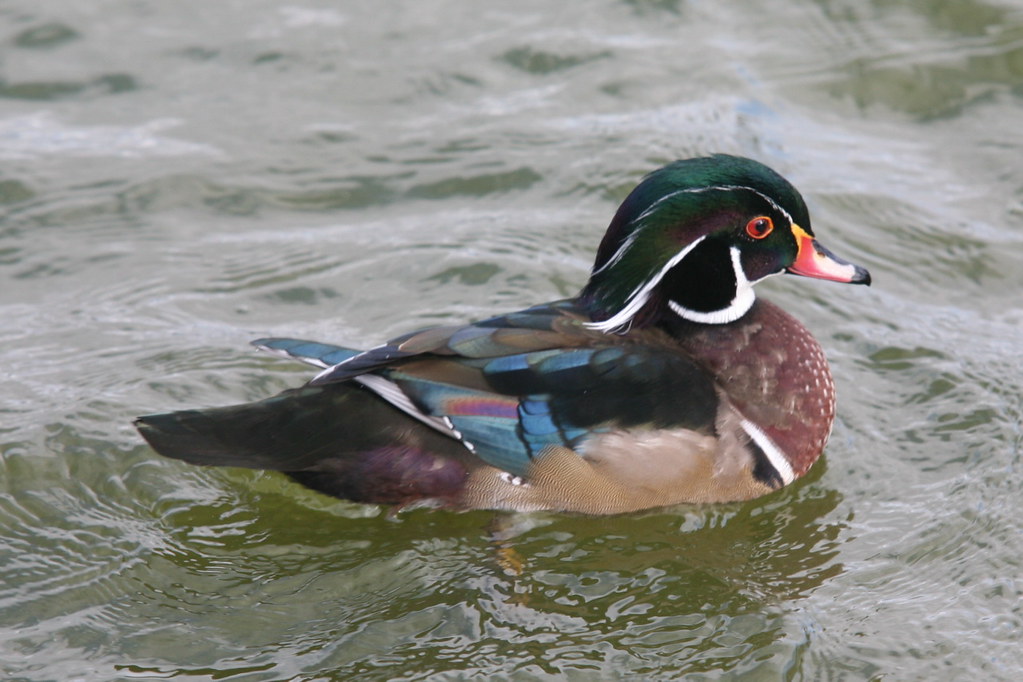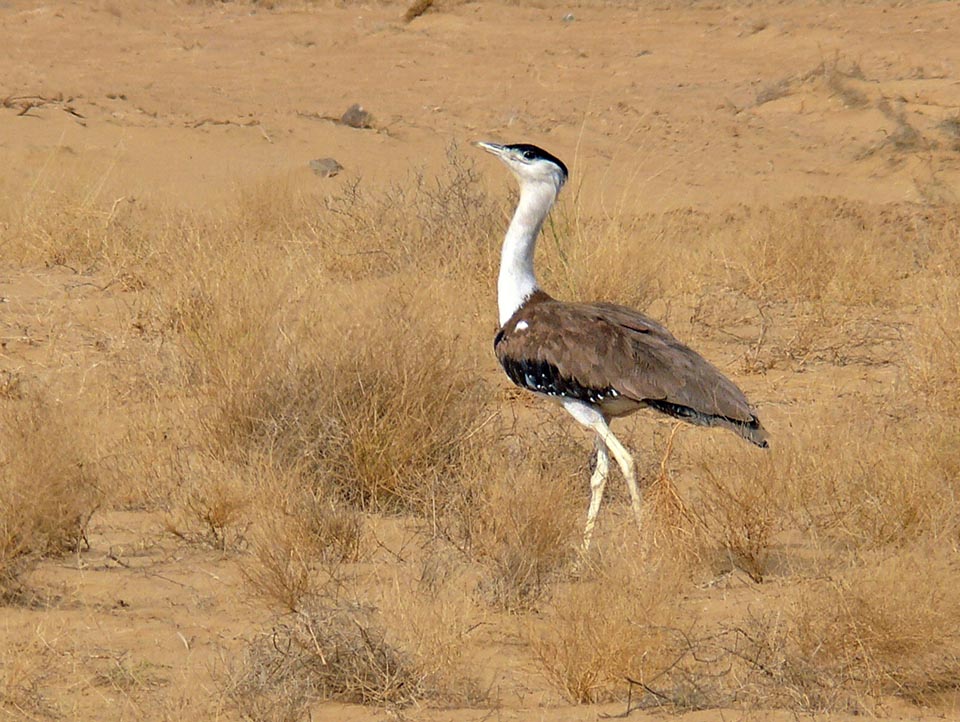An archipelago of 36 palm-laden coral islands nestled amidst the endless Arabian sea, Lakshadweep embodies a precious heritage of ecology and culture and forms India’s smallest Union Territory. In July 2020 it also became home to the world’s first Sea Cucumber Conservation Reserve.
Sea cucumbers convert decomposing organic matter into inorganic nutrients which are sparse in coral environments and hence, keep coastal ecosystems healthy and clean. These endangered species are highly valued in international markets since they are a staple in Southeast Asian, Chinese, and Japanese cuisines. They are also used in traditional Chinese medicines.
After rising cases of sea cucumber harvest in Indian waters threatening the populations of the marine species, they were included in Schedule I of the Wildlife Protection Act, 2001 (amendment of Wildlife Protection Act, 1972); thereby placing a blanket ban on their harvest. This ban was further supported by the introduction of the Maritime Zones of India (Regulation of Fishing by Foreign Vessels) Act, 1981, and inclusion in the Convention on International Trade in Endangered Species, where India is a signatory.
Also Read: Bengal Becomes the Hub of Wildlife Trade in India
This gave rise to illegal smuggling from Lakshadweep Islands and Tamil Nadu. Either to cities like Mumbai, Bengaluru, and Kochi, from where they are smuggled into Sri Lanka and then re-exported to South-East Asia, China, and Japan or directly to China, via the Maldives.
Since January 2020, four major smuggling consignments (valued between ₹ 5 lakhs to ₹ 4.26 crores) have been caught by Lakshadweep’s Special Protection Force. The cases are now under the investigation of the CBI (Central Bureau of Investigation). Recently, a consignment of killed and preserved sea cucumbers worth ₹1 crore, was caught on 13th August 2020, by authorities acting on a tip-off. It is speculated that this consignment is a part of 6 other similar consignments.
Wildlife Protection Watchers
On 19th August 2020; the Union Ministry of Environment, Forest, and Climate Change sanctioned 3 major anti-poaching camps in the uninhabited islands of Suheli, Thinnakara, and Veliyapani along with marking ₹2.72 crores for the 2020-21 fiscal year which includes the expenditure for establishment of these camps.
It also agreed to the formation of Lakshadweep Maritime Protection Force of 350 personnel, titled ‘Wildlife Protection Watchers’, who will manage the anti-poaching camps and will be placed across 10 islands namely – Kavaratti, Agati, Amini, Andrott, Minicoy, Kadmat, Kalpini, Kiltan, Chetlat, and Bitra. The recruited officers who are locals, will regularly patrol and guard the protected areas, and stop illegal activities, supervised by the Range Forest Officer, Forester, and Forest Guard. They will also be entrusted with vigilance, monitoring the status, population estimate, habitat, behaviour, and ecology of marine animals.
As per government testimonials, the major factor in the continuance of smuggling of sea cucumbers and a hindrance in their conservation is their high demand in international markets which pay copiously and the fact that the neighbouring nations have not banned their harvest, yet.
Protection and maintenance of healthy marine ecosystems can be ensured only by global collective efforts, inclusive of local communities and with acceptance of eco-sustainability as the future way of life.
What are Sea Cucumbers?
Sea cucumbers are marine invertebrates that live on the seafloor. They are named for their unusual oblong shape that resembles a fat cucumber. Over 100 species are known from the Indian waters.

According to IUCN, In India, Holothuria scabra (Endangered), H. spinifera, and Bohadschia marmorata have been collected over the last 1000 years. Fishermen began collecting other species in 1990 in response to high export value and the population declines.






2 thoughts on “Anti-poaching Camp for the Sea Cucumbers of Lakshadweep”